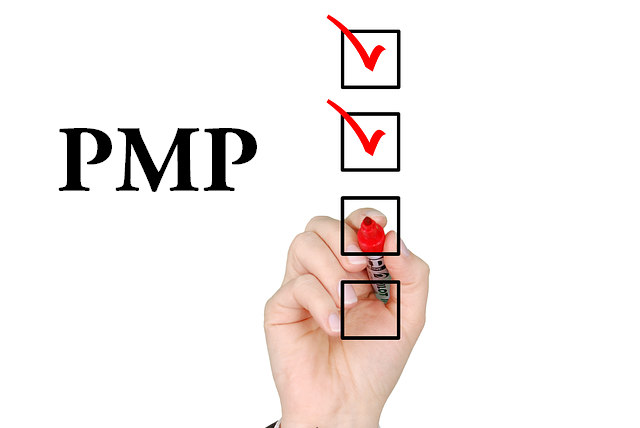Taking a step into gaining your Project Management Professional – PMP certification will get you aboard the largely growing community that has already risen to be in millions. What better exposure can one ask for? But like most things in life, you need to work your way into earning it. In this article you will learn the needed background for you to embark on an amazing PMP journey.
This article is available in video mode on our YouTube channel
Timeline
To start with, the required professional experience needs to be acquired within the last 8 years. So, anything beyond that timeline will be disregarded. After all, if you have not practiced the role of a project manager within the last 8 years, why have the certification?
Prerequisites
- If you possess a secondary degree such as a high school diploma or its equivalent, you need to have a
- Minimum of 60 months of unique non-overlapping professional project management experience, and
- 35 contact hours of formal education
- On the other hand, if you possess a minimum of four-year degree such as a bachelor’s degree or its equivalent, you must have a
- Minimum of 36 months of unique non-overlapping professional project management experience, and
- 35 contact hours of formal education
- Finally, if you possess a bachelor’s or post-graduate degree from a Global Accreditation Center (GAC) accredited program, you need to have a
- Minimum of 24 months of unique non-overlapping professional project management experience, and
- 35 contact hours of formal education
Academic Education
The GAC is the world’s leading specialized accrediting body for project management and related degree programs.
Pay attention, professional certifications do not count as educational degrees, so, you cannot count having a Safe, or SAP certification for example as an educational degree. And your educational degree does not follow the 15-year timeline; you could have acquired your degree 20 or 30 years ago.
Please note that some bachelor’s degrees take 3 years and not 4, those are still counted as a 4-year degree
Role Assessment
You do not need to have a title of Project Manager to be eligible. Some experiences go over and beyond a Project Manager’s role while having an entirely different title. So, what matters is the role you have fulfilled or are still fulfilling.
Assessing that role is easy because there is no unique definition to it. We will define a few basic roles and responsibilities that you should have before applying. If you fit one or more of these, you should be good to go:
- Managed or implemented projects. Those projects can for example be software project implementations i.e., modules of an ERP system
- Was included or closely interacted with projects’ budgetary terms
- Defined sequencing of projects’ tasks
- Dealt with stakeholders
- And many more
Professional Experience
If we look at the prerequisites, we notice a key word, that is “non-overlapping”. Let us take an example to see what we mean by that.
In a certain year, you were managing 2 projects:
- Project A from January to December, and
- Project B from October to December
What we have in this case is an overlapping of 3 months: October, November, and December. So, if you want to use both projects as part of your professional experience, both will be counted for a combined duration of 1 year. In this case, we advise you to remove Project B because it is what we call a stray project in the application and will not give you any advantage if you leave it.
Moving forward, you will have to keep adding projects until you reach the required combined non-overlapping experience.
35 contact hours (PDUs)
PDUs can only be collected from the following sources:
- Registered Education Providers (R.E.P.s)
- Authorized Training Partners (ATPs)
For those 2, you can check the certification’s website to know more about them.
A lot of people think that those are the only sources, but you should note that you also have the following alternatives:
- Company-sponsored programs
- Training companies or consultants (e.g., training schools)
- Online companies: those should include an end-of-course assessment
- Academic or continuing education programs
You can check our YouTube video on how to get your 35 contact hours for PMP or read about it on our blog.
Conclusion
Pay attention, lying or altering your experience facts will most probably come around and bite you. A lot of applications get audited; failing to comply with the audit rules by not sending the required documents, whether educational or professional, will result in you failing the audit and getting barred for a full year. You can learn more about the audit process in our audit video or read about it on our blog.
Next Steps
If you are not sure what is the equivalent of your degree, whether your experience fits or not, or require a review of your application, our courses and packages fit all your needs.

